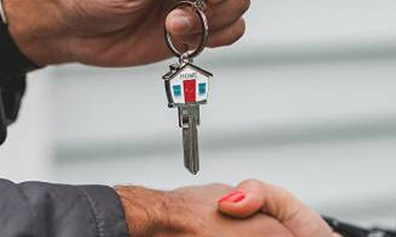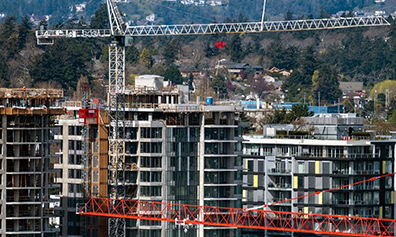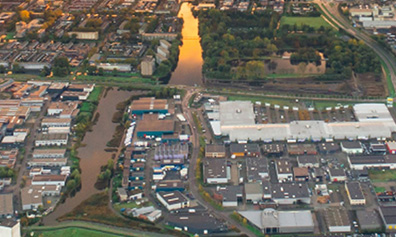To say that technological innovation has simplified the way we do things, would be an understatement. Technology is progressively powering every aspect of human behaviour and with its ongoing advancement, comes its growing role in the real estate sector.
What started off as a necessity due to the COVID-19 pandemic is now here to stay – technology in real estate. The pressure on real estate to provide an adapted way for customers to purchase homes, is bringing remarkable growth to this sector. Meanwhile, customers are also enjoying the ease of many technological features that are making their home-buying experience smoother than ever before. Keeping this in mind, let us discuss the Indian real estate technological landscape of today.
Home automation
Home automation is being increasingly sought after, with consumers seeking more convenience and knowledge at their fingertips. New homes now include smart features, such as automated video doorbells, remote-controlled curtains and even automated temperature settings and lighting controls. Within smart homes, there is a rise in demand for digital sensors to monitor aspects like occupancy, air quality and natural light levels. In common areas of buildings, residents request for LED lights, sensor-based streetlights and touch-less doors.
Safety and security
Safety and security are also being prioritised, by integrating gas-leak alarms, access to state-of-the-art security systems and home monitoring via smartphones.
Green building concepts
Today’s millennial home buyers are increasingly looking to switch to green building concepts. Some tech fittings in this regard include air purification, lighting, thermostat control, greenhouse monitoring systems and humidity control sensors. Modern residences are also equipped with energy-efficient technologies, along with rainwater harvesting and management practices and promise lower greenhouse emissions.
Blockchain technology
How does technology play a significant role in the purchasing process? Well, here is where blockchain technology comes into the picture, especially in commercial real estate. Investors are now embracing blockchain-based listing services. This improved technology delivers detailed information on the property, while also increasing the efficiency and reliability of the entire property search process.
The future of blockchain technology will only create new possibilities. Smart contracts will allow properties to be traded like bitcoin or like stocks on a stock exchange, giving buyers and sellers a new way to interact with each other. This has the potential to amplify fractional ownership of real estate, thus, lowering barriers to real estate investing and allowing a group of people to put their money into a larger-sized property. By incorporating services such as maintenance, rental, and leasing onto a single platform and removing intermediaries like brokers and lawyers, people can save significantly on both, cost and time.
With more home buyers looking for properties online first, virtual property tours, drone views, conversational AI, VR interior design, digital staging and improved property management software, are all picking up steam. Developers need to incorporate these features to make the overall house-hunting experience more engaging and enjoyable. This also helps make house-hunting more accessible to all, with consumers looking at properties and neighborhoods from the comfort of their own homes.
PropTech
There is a lot of buzz about PropTech. However, as with any new technology, early investors may face both, financial and legal risks. Data security has been a key area of concern over the past few years and this concern is only increasing, due to larger transactions and easily available personal data. Another challenge is the lack of face-to-face interaction between the buyer and seller. Additionally, the internet is required for this technology to function.
While varied software solutions bring immense possibilities, they also result in too many touchpoints and difficulty in selecting the right technology. While there are a lot of tech solutions driven by the need for efficiency, the sector still lacks one that can bring about transparency and trust. Although a lot of effort needs to be made to establish a formal structure, there is huge opportunity for businesses and investors alike.
(The writer is managing director, Century Real Estate)
















